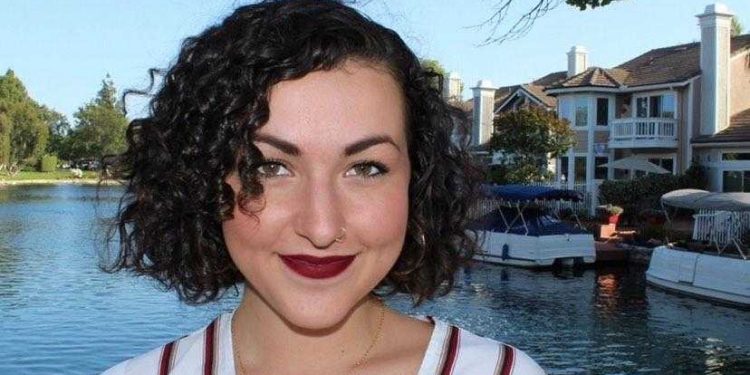Annie Muscat, FCRH ’20, has used her time at Fordham to explore her love of art history, turning her passion from “something I was a little unsure could be an actual career path to what I see myself doing and working in.”
Coming to our interview after returning from a last-minute trip to Florence, Italy over Thanksgiving break, Muscat was very energetic and passionate when it came to talking about her love of trying to be a voice for those often overlooked in the world of museums and galleries.
“I want to disrupt this view that galleries and museums are filled with overwhelmingly white, cis, male and rich artists,” Muscat said.
“I would like there to be more of a place and recognition of the work that people of color, LGBTQ+ do and especially look at how museums can do activist art when they’re receiving corporate donations.”
She wants “museums to take a look at the history of how they were built.”
“You know from the very pretty and extravagant salons where rich people wore their corsets and drank from small cups of tea, and how that mentality has still somewhat stuck in the world of art,” she said.
For Muscat, it’s critical that there needs to be less of a barrier of entry for not only artists who have been marginalized, but also the audiences of the art.
Muscat has been able to juggle three jobs between classes, including internships at the Whitney Museum and PEN America.
“My time at the Whitney really helped me see that this is the type of work that I want to do after graduation,” she said. “I was able to see first-hand how important curation is in showing activist art properly without bifurcating the intent of the artist,” she said.
Muscat sees her work for PEN America, while being mostly about literature and not art, as following in the same lines as her interests: “PEN America is a nonprofit that works at the intersection of literature and human rights: it’s mission is to unite writers both to connect them and give them access to a larger platform and also literary programs and awards.”
“I work on the global news outreach messages, which are the CNN Five News Stories You Need to Know notifications you’d get on your phone,” she said. These are anything from messages about different Artists at Risk and how they, or their work, are at risk because of lack of artistic freedom.”
Muscat was recently part of a project between the art history and visual arts departments where she got to interview a senior about their thesis project focusing on trans portraiture.
“Getting to work with Caden and talk about his work and what it means for getting more representation was really great and gave me such an amazing hands-on experience for the type of work I want to get involved in,” she said.
Muscat believes that her classes have been great avenues for exploring different art and artists outside of the canon.
“My Contemporary Art in Exhibition and also Senior Seminar classes are two classes I think provided a hands-on approach and taught us things like how to present for a conference, and learn about different methodologies of research.”
Towards the end of our time together, Muscat said what she sees as crucial: “for me, I like to think about the Toni Morrison quote about how to give voice to others by lifting others up or something to that effect, and for me, that’s really important. To be able to use whatever amount of privilege that was given to me to be able to work in social justice and give people more of a voice.”





